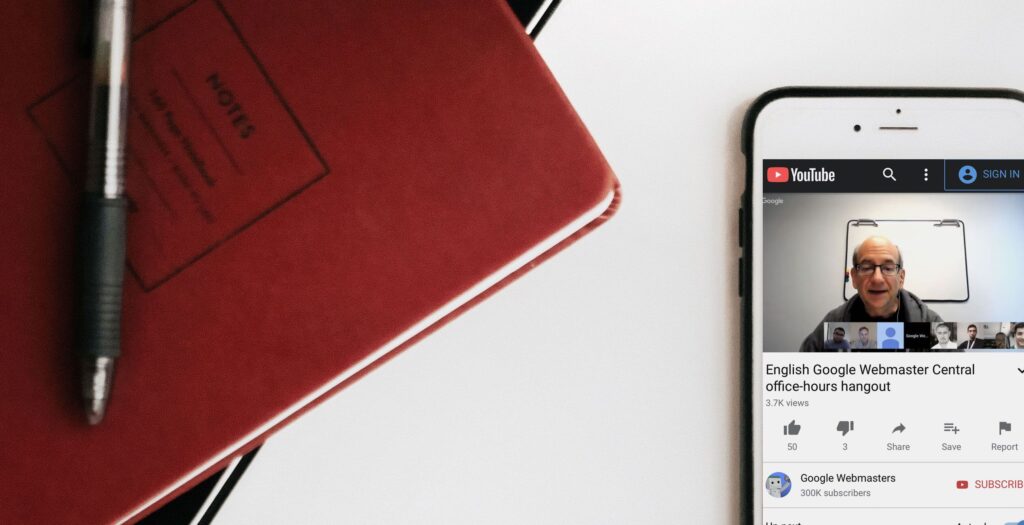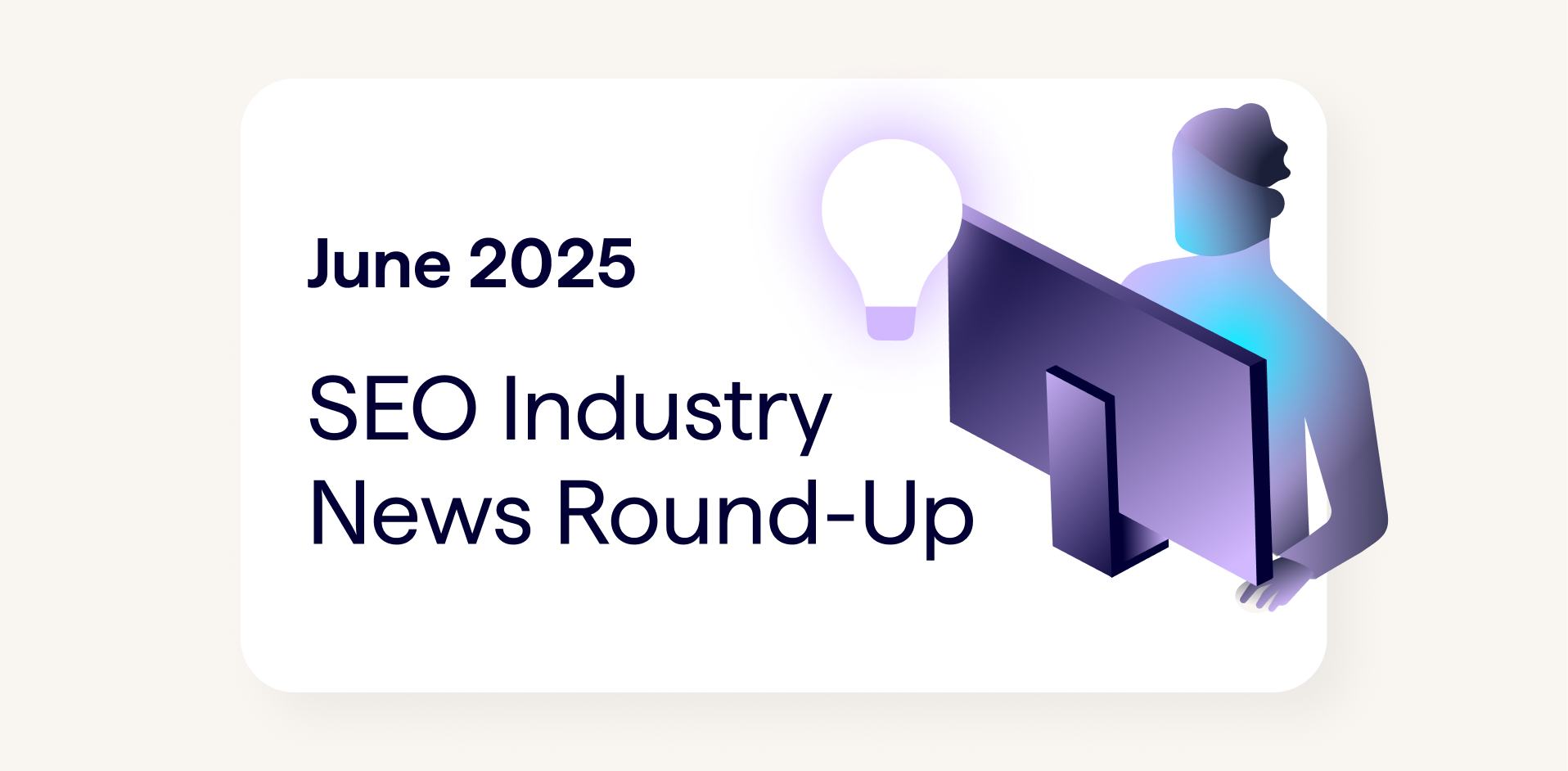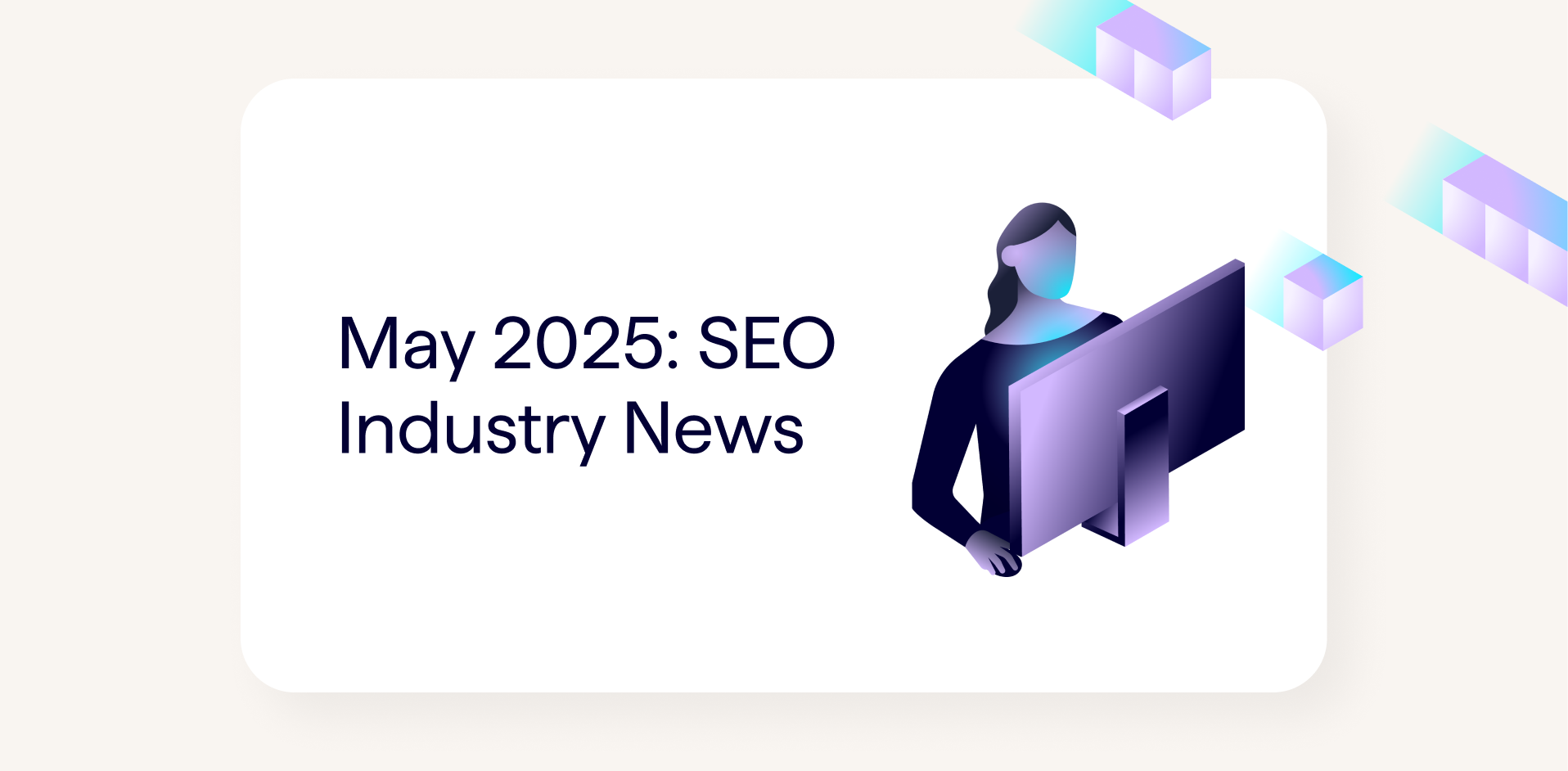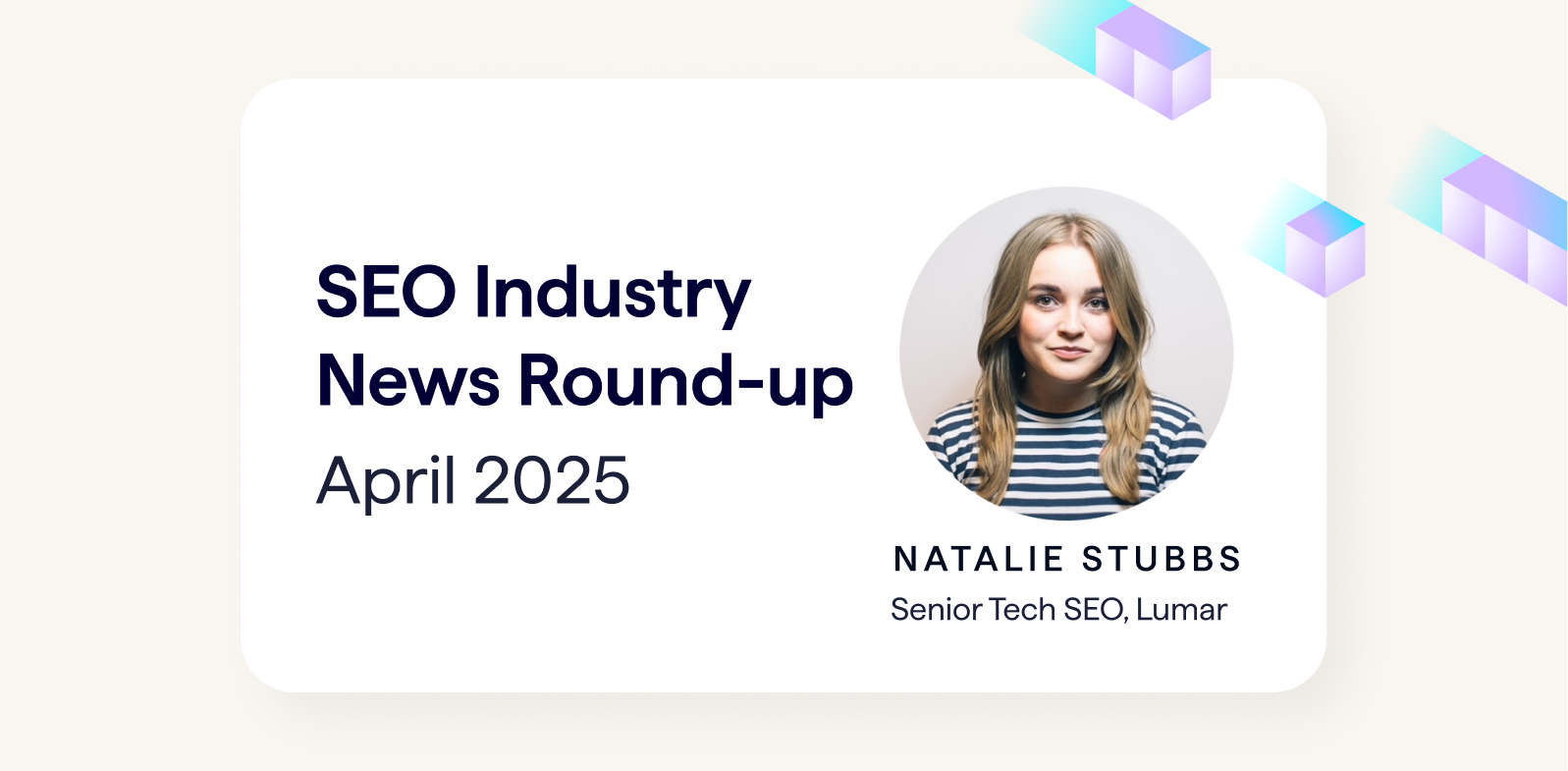Notes from the Google Webmaster Hangout on the 18th of September 2018.
Sites Recovering From August 1st Update Should Improve Relevance
Sites looking to recover after Google’s core algorithm update on August 1st should focus on making their pages more relevant for searchers. It takes time for Google to understand how individual pages and whole sites are relevant and the impact of changes that have been made.
Google Doesn’t Select Homepages as the Most Important Page by Default
Google doesn’t automatically decide that the homepage is the most important page on a site. This is an effect often seen because Google’s signals indicate the homepage is important e.g. through internal linking and backlinks.
Don’t Nofollow Links to Standard Pages Like Terms of Service
There is no need to nofollow links to detail pages that exist on most sites, like Terms of Service. Google is good at understanding the content of pages and recognising these standard pages that most sites have.
Image URLs Can be Flagged as Soft 404s in GSC
The GSC Index Coverage report may flag image URLs as soft 404s if they have a non-standard image URL. This is because they are seen as a 200 page without any HTML.
Above the Fold Algorithm Will be Similar with Mobile-first Indexing
John expects that Google’s above the fold algorithm will be similar once a site has been moved over to mobile-first indexing, however it isn’t clear if the mobile version of this page will be used.
404 Cached Pages Can Occur After Site Switched to Mobile-first Indexing
Cached pages returning 404s can be a problem on Google’s side rather than an issue with crawling and indexing. This can happen when sites are moved to mobile-first indexing, as they tend not to have a cached page.
KML Sitemaps Not Supported by Google
KML sitemaps files are not supported by Google and haven’t been for some years.
Google Only Accepts Rel Alternate Links in Head Section
Google doesn’t accept rel alternate links returned in the response header, they are only accepted in the head section of a page.
Implement Clear Canonical Version Per Country & Hreflang Between Equivalent Canonical Versions
Don’t specify a canonical between different country versions of a page, because Google will likely only index the preferred version. John recommends having a clear canonical version per country and implementing hreflang between the canonical versions for each country.
Google May Fold Together Similar or Duplicate Hreflang Versions
Google may fold together hreflang versions of a page if the content is similar or the same, as it doesn’t make sense for both versions to be indexed.
Block Ads From Being Crawled to Avoid Ranking For Unintended Queries
Ads which are inline with the main text of a page can be picked up by Google as part of the content of that page. This could cause the page to rank for queries related to the text in the ad. John recommends blocking the ads from passing pagerank and using JavaScript to block them by robots.txt.





